
CBC Television
Featured Show:
Foolish Heart
Foolish Heart was a Canadian television series, which aired on CBC Television in 1999. The series, a short run dramatic anthology, was produced and written by Ken Finkleman following his earlier series The Newsroom and More Tears. Although the episodes were linked by character interactions, each of the series' six episodes focused on a different character's family or romantic relationship problems. Finkleman also starred in the series as George Findlay, the same character he had played in The Newsroom and More Tears. The series won Finkleman a 1999 Gemini Award for Best Direction in a Dramatic Series. The cast also included Arsinée Khanjian, Sarah Strange, Tom McCamus, Nancy Beatty and Patricia O'Callaghan. Finkleman's next project for the CBC was the series Foreign Objects.
CBC Television TV Shows
978 shows • Page 12 of 49

Foolish Heart
Foolish Heart was a Canadian television series, which aired on CBC Television in 1999. The series, a short run dramatic anthology, was produced and written by Ken Finkleman following his earlier series The Newsroom and More Tears. Although the episodes were linked by character interactions, each of the series' six episodes focused on a different character's family or romantic relationship problems. Finkleman also starred in the series as George Findlay, the same character he had played in The Newsroom and More Tears. The series won Finkleman a 1999 Gemini Award for Best Direction in a Dramatic Series. The cast also included Arsinée Khanjian, Sarah Strange, Tom McCamus, Nancy Beatty and Patricia O'Callaghan. Finkleman's next project for the CBC was the series Foreign Objects.
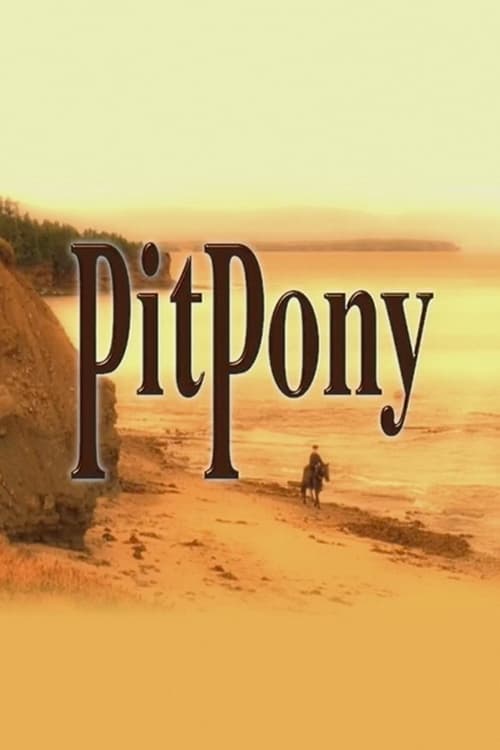
Pit Pony
Pit Pony is a 1999 CBC television series which tells the story of small-town life in Glace Bay, on the island of Cape Breton, Nova Scotia in 1904. The plot line revolves around the lives of the families of the men and boys who work in the coal mines.
 0
0Nothing Too Good for a Cowboy
Nothing Too Good for a Cowboy was a CBC Television television show based upon the adventures of author and rancher Richmond P. Hobson, Jr. in Northern British Columbia. It is based upon the eponymous book and also The Rancher Takes a Wife.
 0
0Shooting the Century
A two-part history of the newsreel co-produced by the BBC and the CBC.
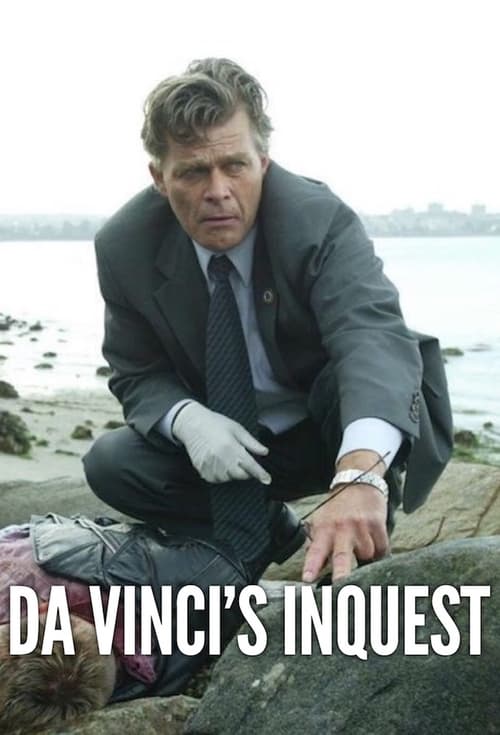
Da Vinci's Inquest
Da Vinci's Inquest is a Canadian dramatic television series that aired on CBC Television from 1998 to 2005. While never a ratings blockbuster, seven seasons of thirteen episodes each were filmed for a total of ninety-one episodes. The show, set and filmed in Vancouver, stars Nicholas Campbell as Dominic Da Vinci, once an undercover officer for the Royal Canadian Mounted Police, but now a crusading coroner who seeks justice in the cases he investigates. The cast also includes Gwynyth Walsh as Da Vinci's ex-wife and chief pathologist Patricia Da Vinci, Donnelly Rhodes as detective Leo Shannon, and Ian Tracey as detective Mick Leary.

Made in Canada
Made in Canada is a Canadian television situation comedy which aired on CBC Television from 1998 to 2003. Rick Mercer co-created the program and starred as mercenary TV producer Richard Strong. In the United States, France, Australia and Latin America, the show was syndicated as The Industry. It was produced using a single camera setup.
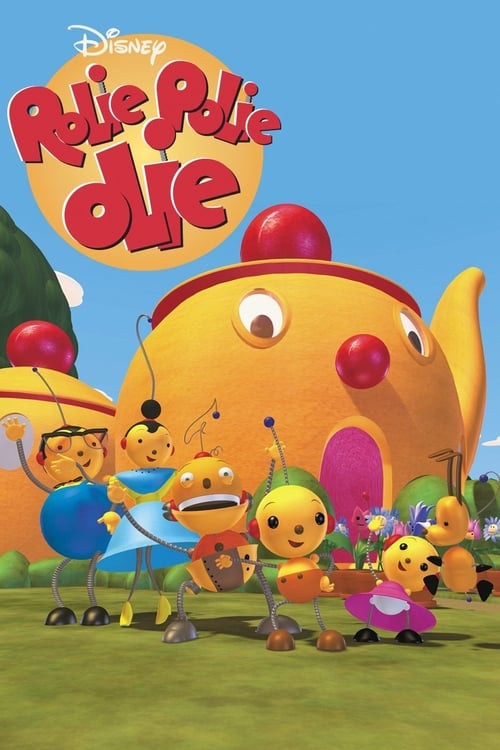
Rolie Polie Olie
Rolie Polie Olie was a children's television series produced by Nelvana, distributed by Disney, and created by William Joyce, Maggie Swanson, and Anne Wood. The show centers on a little roly pollie who is composed of several spheres and other three-dimensional geometric shapes. The show was one of the earliest series that was fully animated in CGI, and the first CGI animated preschool series.Rolie Polie Olie now airs in reruns on Disney Junior. Rolie Polie Olie won a Gemini Award in Canada for "Best Animated Program" in 1999. The show also won a Daytime Emmy Award for "Outstanding Special Class Animated Program" in 2000 and 2005. William Joyce won a 1999 Daytime Emmy for Best Production Design for this series. The show has a vintage atmosphere reminiscent of the 1950s and early 1960s, with futuristic elements.
 0
0The Cola Conquest
The Cola Conquest tells the story of Coca-Cola - the 'sublimated essence' of all that American stands for - and the century-long competition with its rival, Pepsi-Cola. Challenging, fast-paced, irreverent, serious and funny by turns, it explores the delicious paradox at the heart of Coke: How did an innocuous soft drink come to wield such enormous power and assume such significance in so many people's lives? What does it tell us about who we are and what we are becoming?
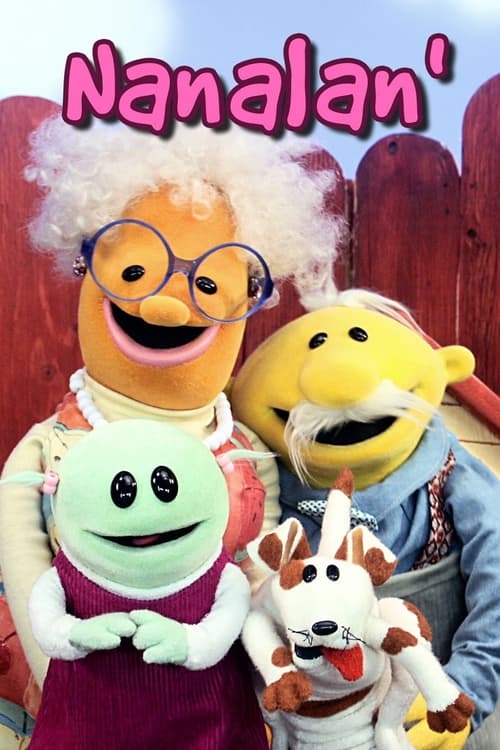
Nanalan'
Nanalan’ is a super-sweet preschool show that explores theme-based learning through play, stories, songs and puppet shows! Join Mona, a little green girl as she learns all about the world in the safe, loving environment of her Nana’s backyard.
 0
0More Tears
More Tears is a seriocomedy television series that was broadcast by CBC Television, as a short run programme; it was written and produced by Ken Finkleman following the success of The Newsroom, and was partly a remake of 8½, by Federico Fellini. As in The Newsroom, George Findlay is the protagonist of More Tears, as a documentary producer, who manipulated his subjects in order to create better television drama. In the final installment, Findlay abandoned the documentary form to film a satire of the neo-conservative government of Mike Harris, the Premier of Ontario. The programme also explored the personal life of George Findlay, his unhappy marriage, and his unhappy extra-marital affairs. The cast of More Tears also included Hrant Alianak, Yank Azman, Arsinée Khanjian, Leah Pinsent, Evan Solomon, and Kenny Vadas. Finkleman's next project for the CBC was the series Foolish Heart.
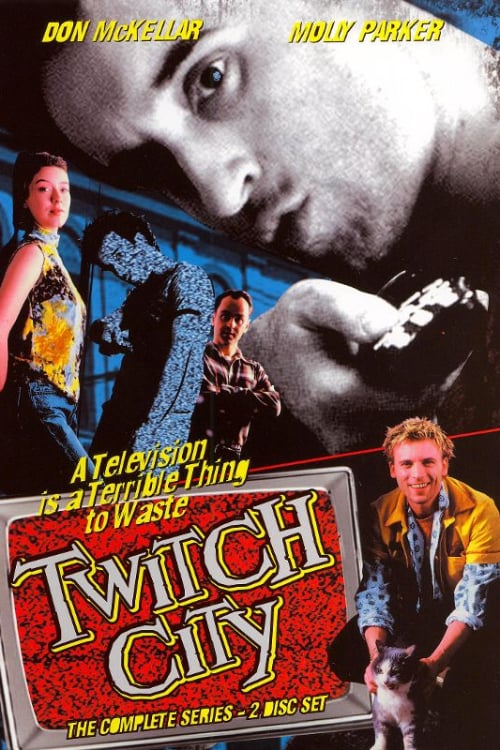
Twitch City
Twitch City is a surreal sitcom set in the Toronto, Ontario neighbourhood of Kensington Market, and follows Curtis, a television addict who refuses to leave his apartment, and his friends and roommates Nathan and Hope. In the series' first episode, Nathan is sent to prison for killing a homeless man with a can of cat food, leaving Curtis and Hope to find a replacement roommate to help with the rent.
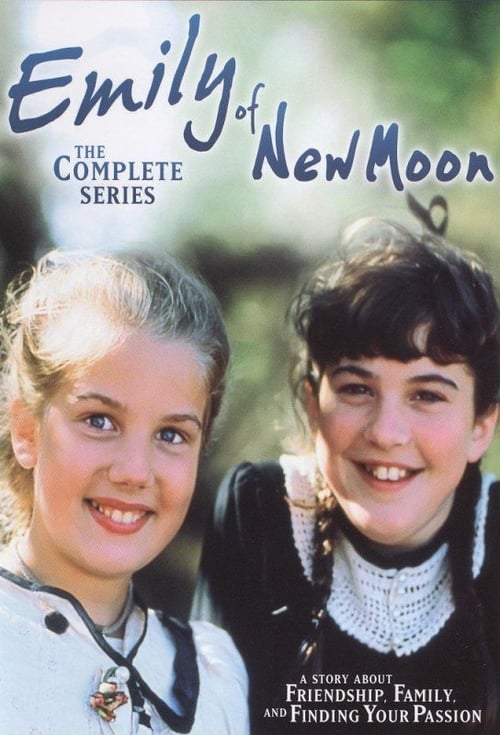
Emily of New Moon
Emily of New Moon is a Canadian television series, which aired on CBC Television from 1998 to 2000. The series originally aired in the United States on the Cookie Jar Toons block on This TV and it is currently seen in Canada on the Viva, Bravo! and Vision TV cable channels. The series, produced by Salter Street Films, was based on the Emily of New Moon series of novels by Lucy Maud Montgomery. The series consisted of three seasons of thirteen episodes and one season of seven episodes, for a total of forty-six. The executive producers were Micheline Charest, Michael Donovan, and Ronald Weinberg. The series starred Martha MacIsaac as the titular orphan Emily Starr. Susan Clark and Sheila McCarthy played Emily's aunts Elizabeth and Laura, who had taken on the responsibility of raising Emily following her father's death, and Stephen McHattie played her cousin Jimmy. Susan Clark left the series after the first season when her character, Elizabeth, was killed off. Recurring cast included Chip Ciupka as Mr. Carpenter, Peter Donaldson as Ian Bowles, Richard Donat as Dr. Burnley, Kris Lemche as Perry Miller, John Neville as Uncle Malcolm, Jessica Pellerin as Ilse Burnley, Shawn Roberts as Teddy Kent, and Linda Thorson as Cousin Isabel.

Riverdale
CBC’s first prime time soap opera follows the intertwined lives of four families in Toronto’s Riverdale community.
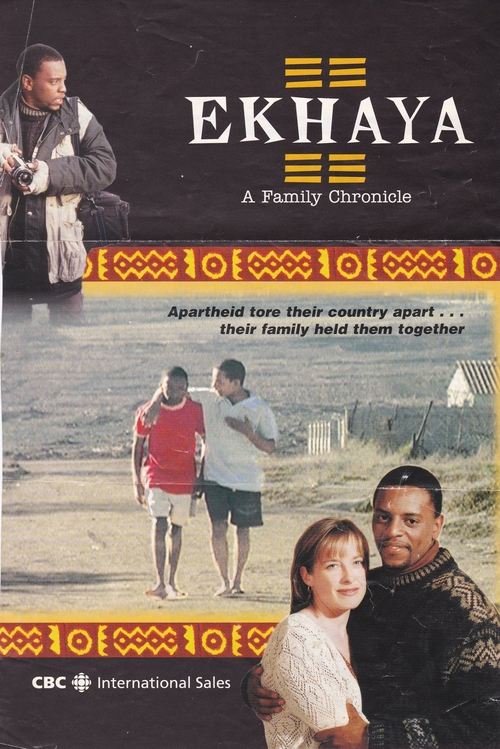 0
0Ekhaya: A Family Chronicle
A Black South African lives in Toronto with his Canadian wife in 1989. His fears of being stalked by South African secret police, force him to reflect back on his life growing up under apartheid.
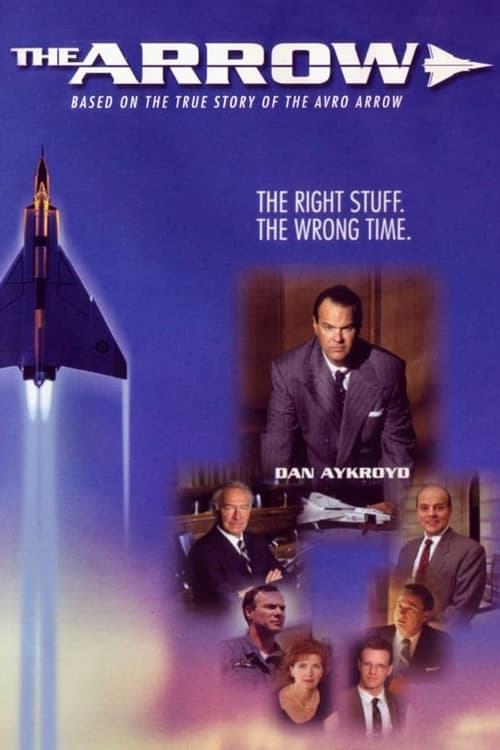
The Arrow
The story of the people building the AVRO Arrow, an advanced jet fighter-interceptor designed to defend Canada's vast territory during the Cold War. Though the jet was an engineering marvel, cost over-runs, U.S. government pressure from the military industrial complex, and the election of the Progressive Conservative Diefenbaker government, stopped the jet just as it was getting off the ground.
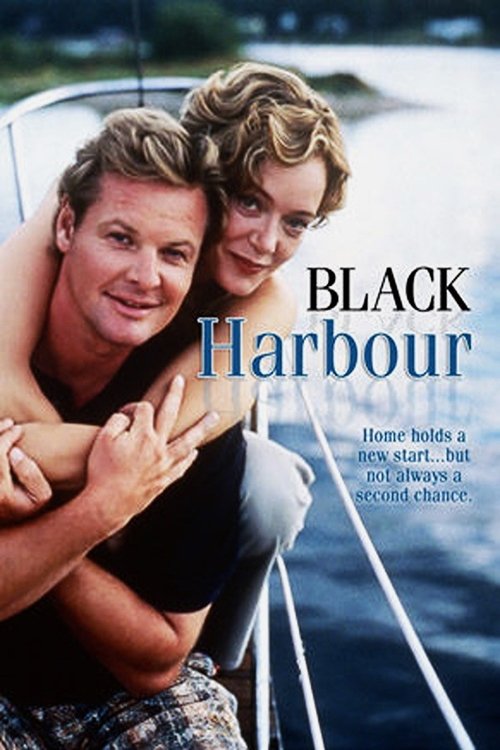 0
0Black Harbour
Black Harbour is a Canadian television series, which ran on CBC Television from 1996 to 1999. The show starred Rebecca Jenkins as Katherine Hubbard, a successful restaurant owner who returned to live in her Nova Scotia hometown to be with her mother who had suffered a heart attack. Her husband Geraint Wyn Davies, followed her with their two kids. Alex Carter also starred as Hubbard's high school sweetheart Paul Isler, whose own marriage was on the rocks and who was employed by Katherine's brother at the boatyard. In the show's final season, Hubbard and Isler's marriages had both failed, and they officially rekindled their old relationship. The show is currently reairing weekday mornings on TVtropolis.
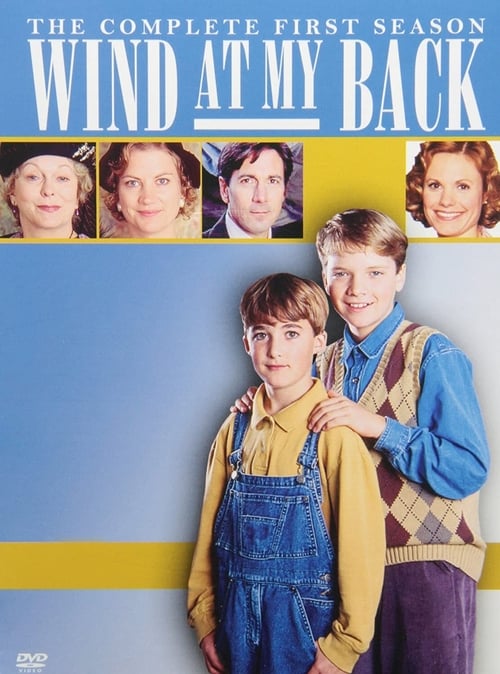
Wind at My Back
A recently widowed mother loses her children to a cold mother-in-law in Ontario during the Great Depression of the 1930s. Based loosely on the books "Never Sleep Three in a Bed" and "The Night We Stole the Mounties’ Car" by Max Braithwaite
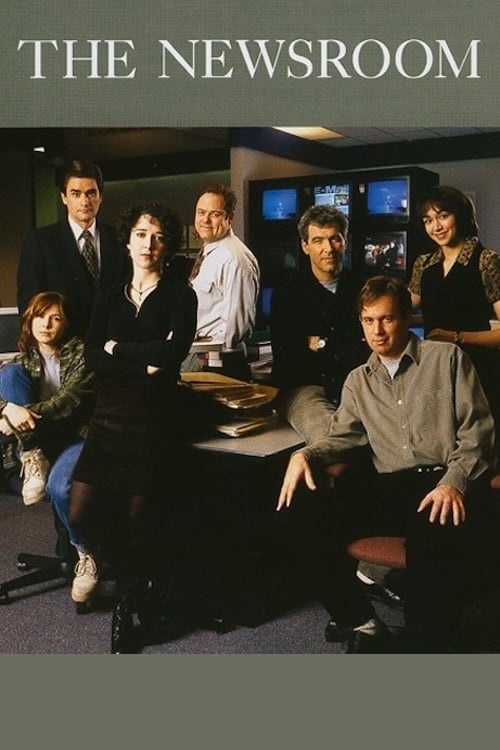
The Newsroom
The tumultuous TV newsroom world of overbearing regional news director George Findlay, who is solely motivated by casualty statistics which will improve his ratings.

Life and Times
Life and Times was a series of biographical documentary films broadcast by CBC Television, CBC Country Canada and CBC Newsworld. It was hosted by Ann-Marie MacDonald and first appeared in 1996, ending in 2007. The show won many awards during its run, including Gemini Awards and Leo Awards.
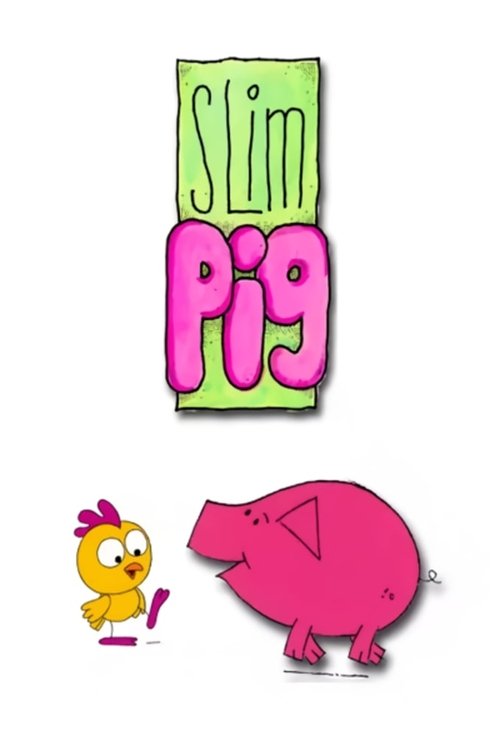 0
0Slim Pig
Slim Pig is a two-dimensional pig living in a three-dimensional world. Because Slim is inquisitive, as well as flat, there’s no such thing as a simple walk outside his pigsty – wherever Slim goes, he finds an adventure. But because Slim is intelligent and creative, not to mention thin, he always gets home safely.